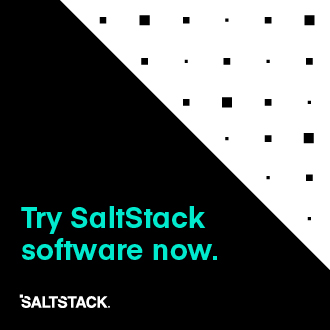salt.sdb.keyring_db¶
Keyring Database Module
- maintainer
SaltStack
- maturity
New
- depends
keyring
- platform
all
This module allows access to the keyring package using an sdb:// URI. This
package is located at https://pypi.python.org/pypi/keyring.
Care must be taken when using keyring. Not all keyend backends are supported on
all operating systems. Also, many backends require an agent to be running in
order to work. For instance, the "Secret Service" backend requires a compatible
agent such as gnome-keyring-daemon or kwallet to be running. The
keyczar backend does not seem to enjoy the benefits of an agent, and so using
it will require either that the password is typed in manually (which is
unreasonable for the salt-minion and salt-master daemons, especially in
production) or an agent is written for it.
Like all sdb modules, the keyring module requires a configuration profile to be configured in either the minion or master configuration file. This profile requires very little. In the example:
mykeyring:
driver: keyring
service: system
The driver refers to the keyring module, service refers to the service
that will be used inside of keyring (which may be likened unto a database
table) and mykeyring refers to the name that will appear in the URI:
password: sdb://mykeyring/mypassword
The underlying backend configuration must be configured via keyring itself. For examples and documentation, see keyring:
https://pypi.python.org/pypi/keyring
New in version 2014.1.4.
-
salt.sdb.keyring_db.get(key, service=None, profile=None)¶ Get a value from a keyring service
-
salt.sdb.keyring_db.set_(key, value, service=None, profile=None)¶ Set a key/value pair in a keyring service

